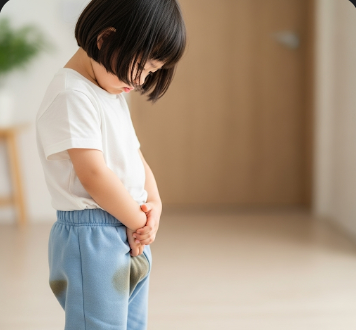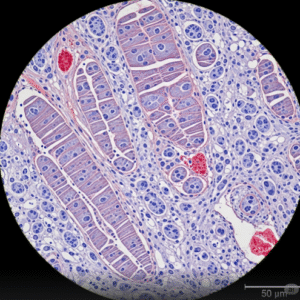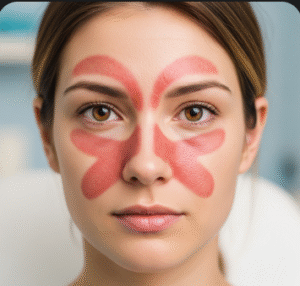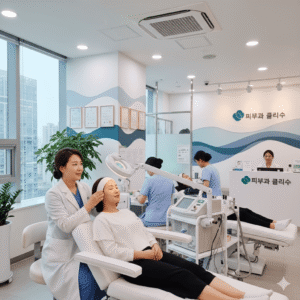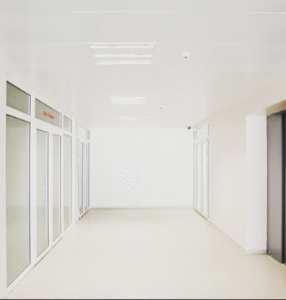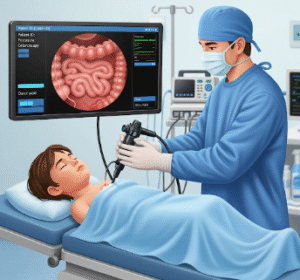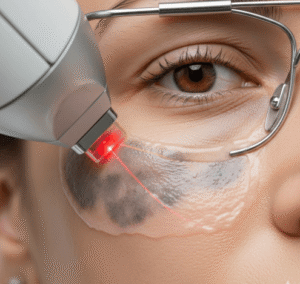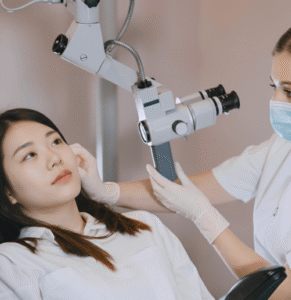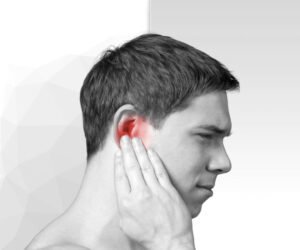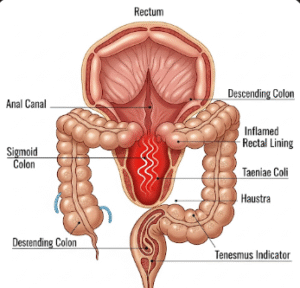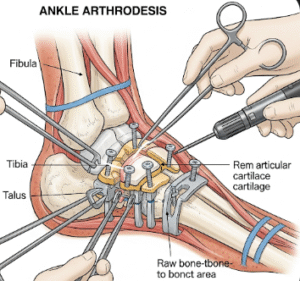➤ Overview
Soiling, medically referred to as encopresis, is the involuntary passage of stool in inappropriate places, such as clothing, in children who are typically toilet-trained. It is a common pediatric issue that can cause emotional distress, social difficulties, and family tension.
In South Korea, pediatric specialists, gastroenterologists, and child psychologists evaluate soiling. Early assessment and intervention are crucial to prevent long-term complications, support emotional well-being, and improve bowel habits.
➤ Key Facts
→ Soiling typically occurs in children aged 4–12 years, though younger or older children can be affected.
→ It is often associated with constipation, emotional stress, or behavioral issues.
→ In Korea, children may be assessed using clinical evaluation, dietary history, stool diaries, and sometimes abdominal imaging.
→ Soiling is more common in boys than girls.
→ Untreated soiling can lead to skin irritation, low self-esteem, and social embarrassment.
→ Behavioral therapy, dietary management, and medical treatments are effective in most cases.
→ Parental education and support are critical for successful management.
➤ What is Soiling?
Soiling is the accidental or involuntary passage of feces in a child who is chronologically and developmentally expected to have bowel control. Types include:
→ Primary encopresis – The child has never achieved consistent bowel control.
→ Secondary encopresis – The child had previously attained toilet training but regresses, often due to stress, illness, or constipation.
→ Constipation-related soiling – Hard stools cause leakage of softer stool around impacted feces.
→ Emotional or behavioral soiling – Associated with anxiety, attention issues, or oppositional behavior.
Korean pediatric specialists consider age, development, diet, bowel habits, and psychosocial factors when diagnosing soiling.
➤ What Symptoms are Related to Soiling?
Soiling may be accompanied by other related symptoms that indicate its cause:
→ Accidental fecal leakage in underwear or clothing.
→ Constipation – Infrequent, hard, or painful stools.
→ Abdominal pain or bloating.
→ Fecal odor noticeable in the home or school.
→ Skin irritation or rashes around the anus.
→ Behavioral issues – Embarrassment, anxiety, or withdrawal from social activities.
→ Emotional distress – Low self-esteem or frustration.
→ Difficulty with toilet training or compliance.
➤ What Causes / Possible Causes?
Soiling can result from physical, emotional, or behavioral factors:
→ Chronic constipation – Most common cause; hard stools cause overflow incontinence.
→ Dietary factors – Low fiber intake, dehydration, or excessive processed foods.
→ Stress or trauma – Changes in home, school, or family environment.
→ Toilet training issues – Delayed training, fear, or resistance.
→ Neurological disorders – Rare causes like spinal cord abnormalities.
→ Developmental or behavioral conditions – ADHD, anxiety, or oppositional defiant disorder.
→ Medical conditions – Hypothyroidism, Hirschsprung’s disease, or gastrointestinal motility disorders.
➤ When Should I See My Doctor?
Medical evaluation is recommended if soiling is persistent, painful, or associated with other concerning symptoms:
→ Frequent soiling despite toilet training.
→ Severe constipation, abdominal pain, or blood in stool.
→ Regression after normal bowel control.
→ Signs of underlying medical conditions – Fever, vomiting, weight loss, or developmental delays.
→ Emotional or social difficulties – School avoidance, anxiety, or bullying due to soiling.
→ Skin irritation or rashes – From prolonged contact with feces.
➤ Care and Treatment
Treatment focuses on relieving constipation, improving bowel habits, and addressing behavioral or emotional issues:
→ Bowel clean-out – Laxatives or stool softeners to relieve impacted feces.
→ Dietary modifications – High-fiber foods, adequate fluids, and balanced meals.
→ Scheduled toilet times – Encouraging regular bowel movements, particularly after meals.
→ Behavioral therapy – Positive reinforcement, reward systems, and addressing avoidance behaviors.
→ Education for parents and child – Understanding causes and managing expectations.
→ Medication – Occasionally, stool softeners or mild laxatives may be prescribed.
→ Psychological support – For anxiety, stress, or behavioral disorders contributing to soiling.
→ Monitoring and follow-up – Tracking progress and adjusting treatment as needed.
➤ Treatment Options in Korea
South Korea provides comprehensive pediatric care for soiling, integrating medical, behavioral, and nutritional approaches:
Diagnosis in Korea
→ Clinical evaluation by pediatricians or gastroenterologists – Assessing bowel habits, diet, and growth.
→ Abdominal X-ray or ultrasound – To detect fecal impaction or anatomical issues.
→ Stool diaries and questionnaires – Tracking frequency, consistency, and triggers.
→ Psychological assessment – If behavioral or emotional issues are suspected.
Medical Treatments in Korea
→ Stool softeners and laxatives – For constipation relief and bowel regularity.
→ Dietary counseling – Fiber-rich meals, hydration, and avoiding constipation-inducing foods.
→ Behavioral therapy programs – Structured toilet training and positive reinforcement.
→ Parent education sessions – Strategies for support and encouragement.
Advanced Therapies in Korea
→ Multidisciplinary care – Pediatricians, gastroenterologists, dietitians, and child psychologists working together.
→ Biofeedback therapy – Teaching children to recognize and control bowel movements.
→ Interventional procedures – Rarely required, for underlying structural or motility disorders.
Rehabilitation & Support in Korea
→ Guidance on long-term bowel management and preventing relapse.
→ Counseling for emotional and social support, reducing embarrassment and improving confidence.
→ Education for teachers and caregivers – Ensuring understanding and consistent support at school and home.
→ Monitoring and follow-up to achieve full bowel control and maintain healthy habits.

